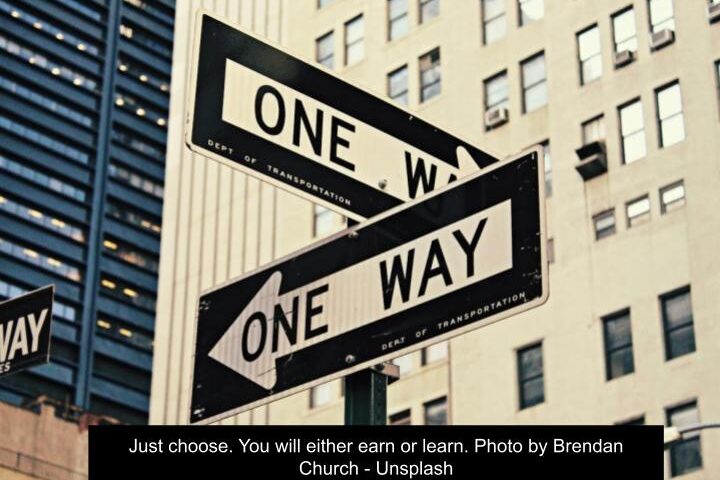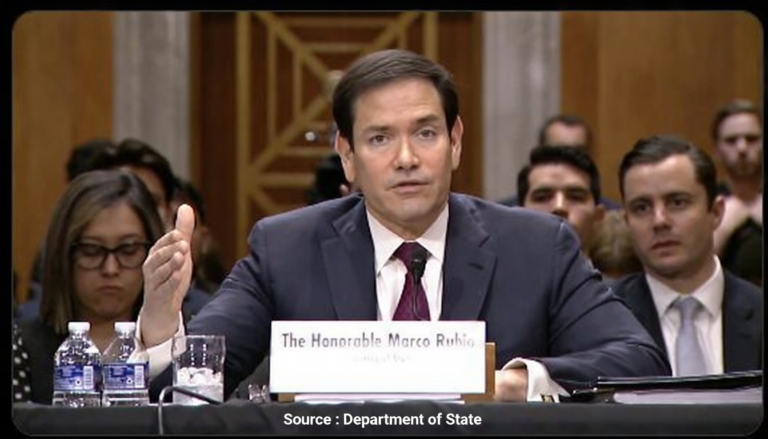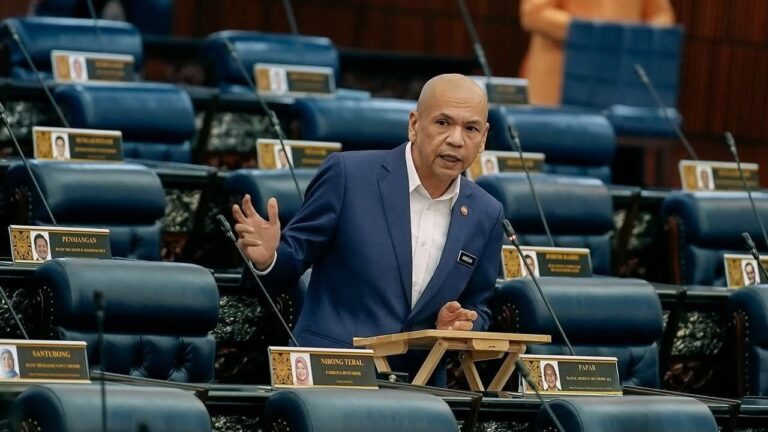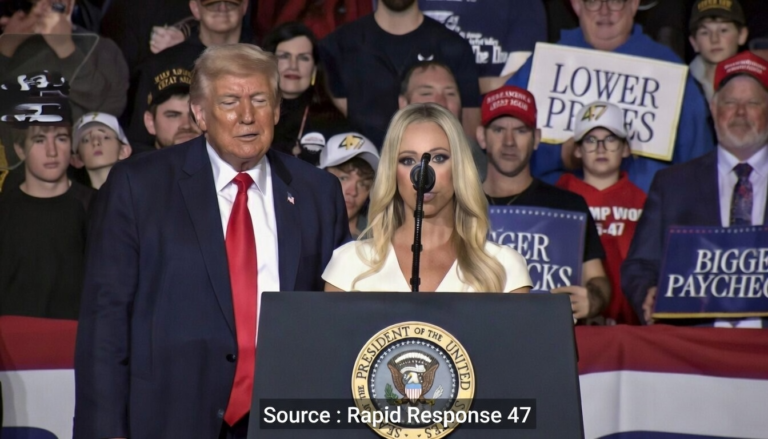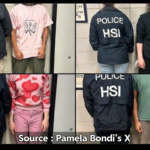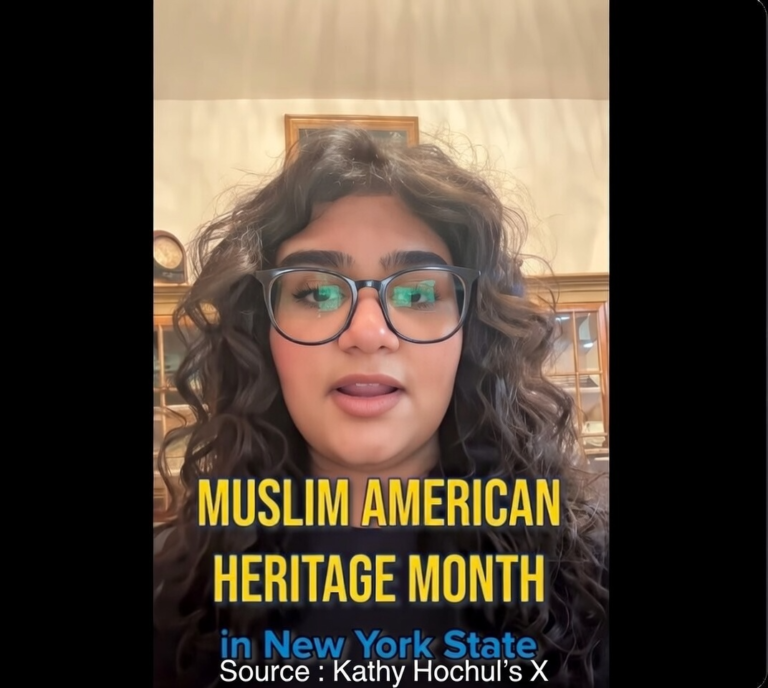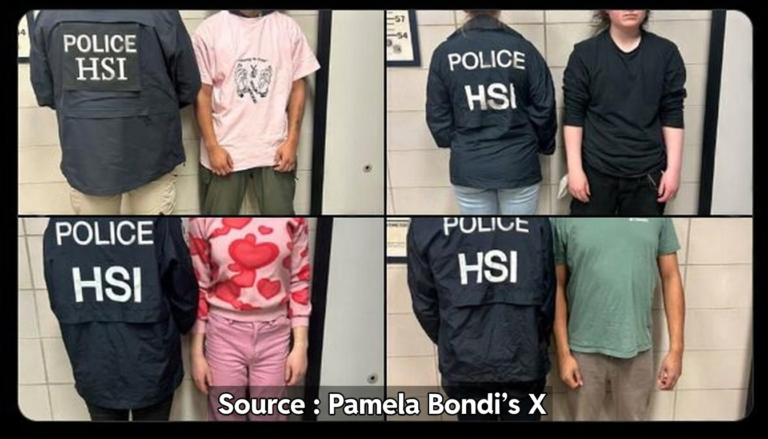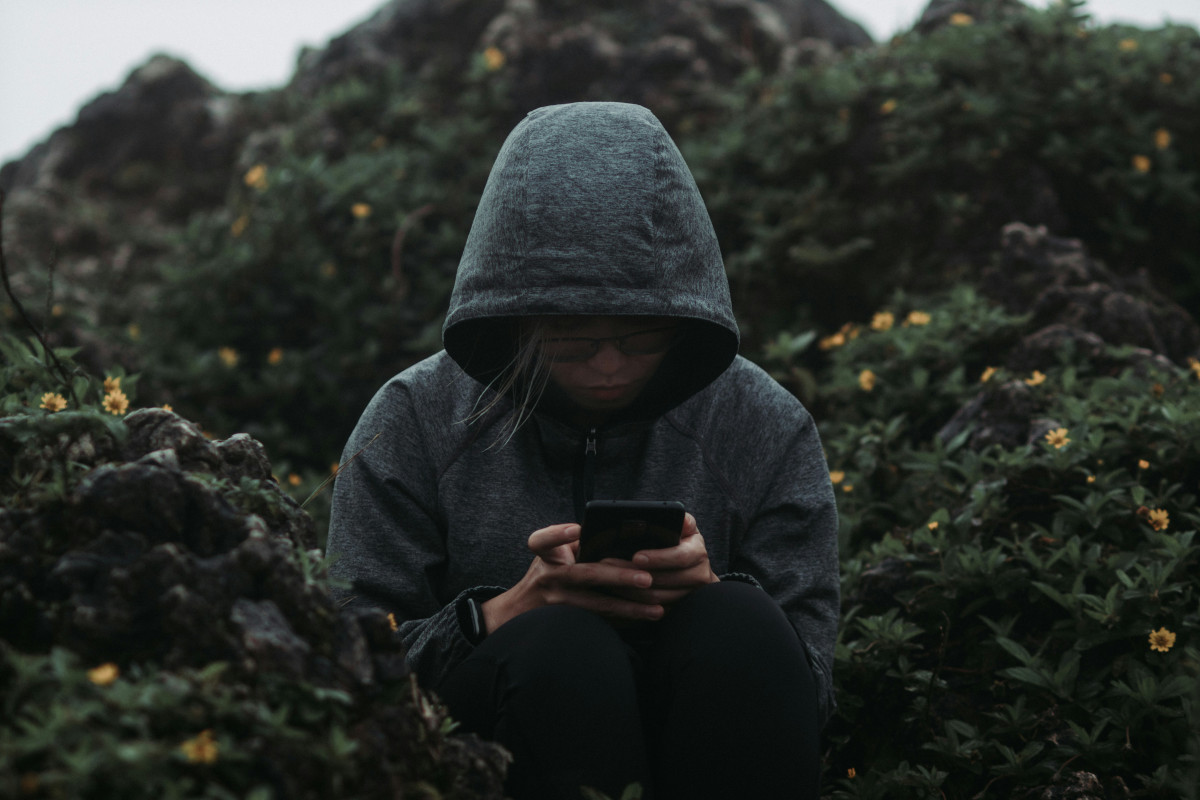
By Nurul Syafiqah Jafinan
There was a time not that long ago when social media felt like a fun escape. It was where we’d go to reconnect with old friends, post vacation photos, share silly memes, and wish someone a happy birthday. It wasn’t perfect, but it felt more human. Now? It often feels like a war zone. A place where people are just waiting to pounce, to cancel, to call out, to criticize. And it makes me wonder: where did our empathy go?
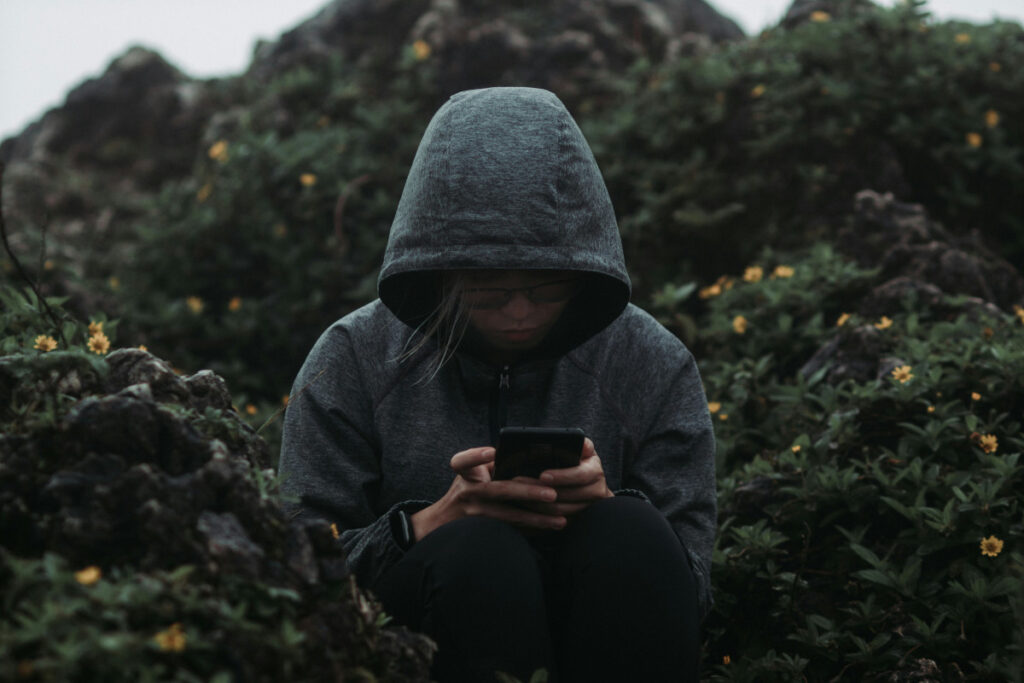
Social media, by design, was meant to bring people together. But somewhere along the line, the tone shifted. Platforms that were once about connection have turned into battlegrounds for opinions, outrage, and one-upping each other in cruelty. A single mistake sometimes even just a misunderstanding can lead to a person’s complete online shaming. And once the mob is activated, there’s no “undo” button.
This isn’t just about “cancel culture” or accountability. It’s deeper than that. We’ve created a culture that rewards cruelty. If someone posts a vulnerable moment, there’s always that one sarcastic comment that gets thousands of likes. If a celebrity says something wrong even if they apologize it’s never enough. If a person shares a personal story, someone inevitably accuses them of attention-seeking.
Here’s the scary part: a lot of this cruelty is not just accepted it’s celebrated.
Why? Because social media rewards the loudest voices, not necessarily the wisest ones. Algorithms are designed to boost engagement. And what creates engagement? Outrage. Drama. Conflict. That quote-tweet dunking on someone? That angry rant in the comments? Those get the clicks, not thoughtful disagreement or genuine concern.
And we’ve gamified being mean. Likes, retweets, shares they give us a hit of dopamine. And it feels good to be right. To be part of the group that’s “on the right side.” But in that rush to be right, we’ve forgotten how to be kind. It’s become easier to criticize than to understand. To condemn than to converse. And in the process, empathy has been left behind.
What we forget far too often is that there are real people behind those screens. That influencer you’re mocking? She might be reading every cruel comment through tears. That teen who posted something cringey? He’s still figuring out who he is. That public figure you’re tearing down? They might be dealing with battles you can’t see.
We’ve grown comfortable with the idea of judging people without knowing their full story. And we’ve grown uncomfortable with the idea of giving grace.
What’s especially tragic is that many of us are just scared. Scared to speak up in defense of someone because we don’t want to be targeted ourselves. Scared to be vulnerable online because we know how harsh people can be. So we stay silent, or we join in thinking it’s safer to be part of the crowd than to stand out.
But what if we did stand out? What if we made empathy louder than outrage?
That doesn’t mean we excuse harmful behavior or pretend everything is okay. Accountability is important. But empathy allows us to hold people accountable without stripping away their humanity. It’s the difference between saying, “You’re a terrible person,” and saying, “You made a mistake let’s talk about it.”
Kindness isn’t weakness. In a world that thrives on conflict, it’s an act of quiet rebellion. And it’s desperately needed.
So next time you’re about to comment on someone’s post, pause. Ask yourself: Would I say this to them in person? Would I say it if their family was reading? Would I want someone to say this to me? If the answer is no, maybe that’s your answer right there.
We’ve all become a little too quick to judge and a little too slow to listen. But the good news? We can choose differently. We can bring empathy back. One thoughtful post at a time. One act of digital kindness. One decision to scroll past the drama instead of jumping in.
The internet can still be a place of compassion. But it starts with us. With choosing to see each other not as usernames or avatars but as human beings.
The author is an undergraduate student of Universiti Malaya, taking an elective university course entitled “Introduction to Journalism and Storytelling in Digital Age”





